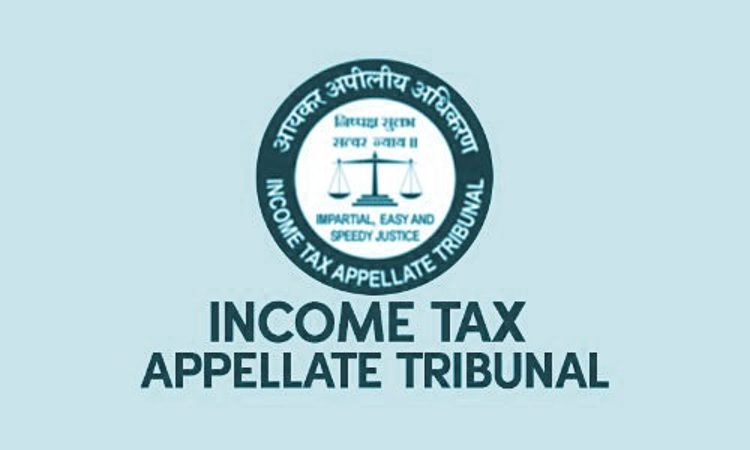Income Tax Exemptions Available To ST Individuals Can't Be Extended To Partnership Firm: ITAT
Mariya Paliwala
23 March 2024 4:30 PM IST

Next Story
23 March 2024 4:30 PM IST
The Guwahati Bench of the Income Tax Appellate Tribunal (ITAT) has held that the exemption under Section 10(26) of the Income Tax Act has been specifically conferred on members of the Scheduled Tribe residing in the specified area. The exemption cannot be extended to another separate and distinct "person," that is, the partnership firm, though such a firm consists of the individual partners...
